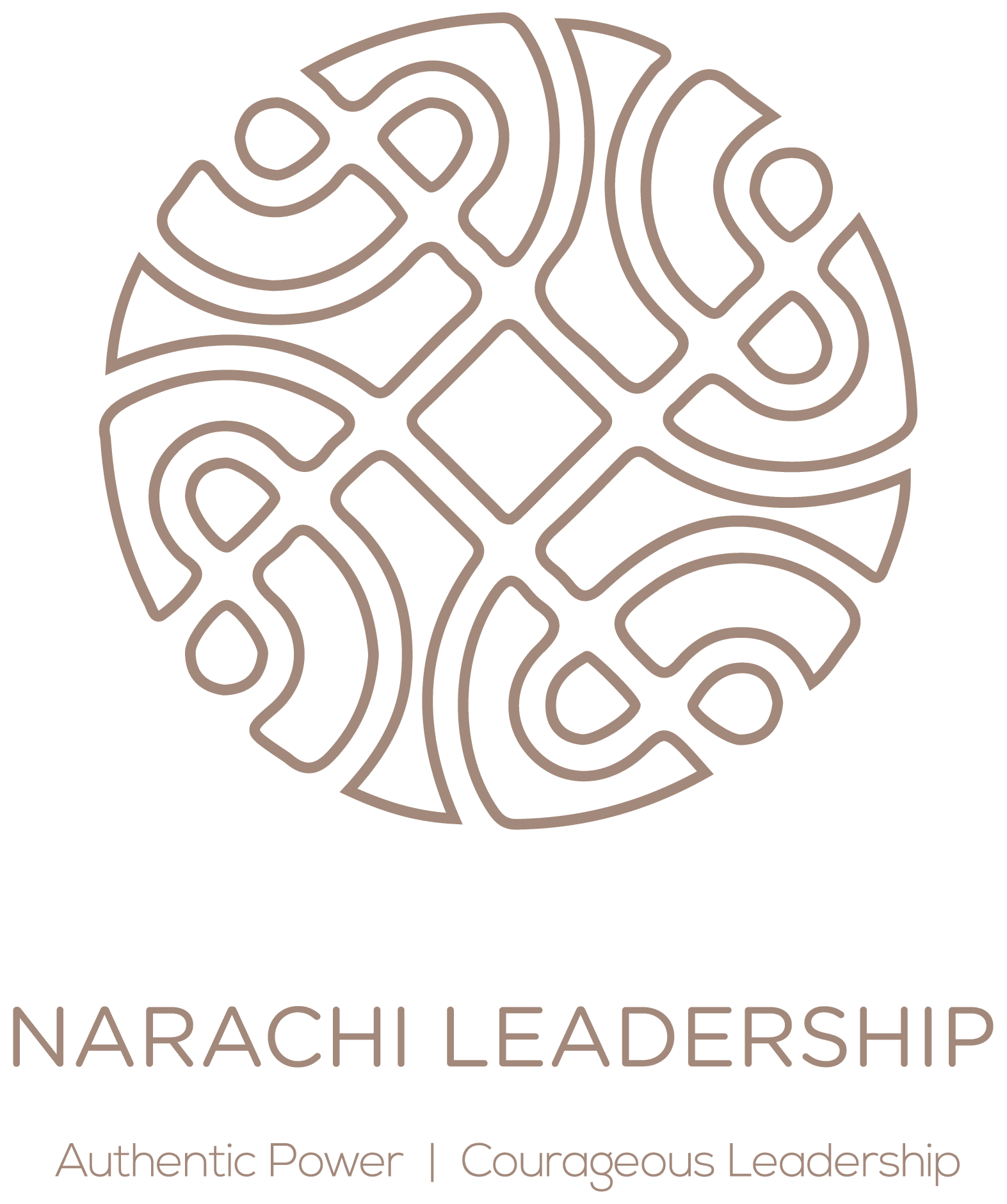
While imposter syndrome – that experience where you doubt your skills and capabilities and sometimes even your sense of belonging within a room or experience – is absolutely a real phenomenon, I fear that it has now become a catch-all phrase for all manner of reality to the point of masking other realities that may be at play.
There is not a conference, webinar or coaching event that I attend where imposter syndrome as a theme does not feature. We talk about it as that big enemy of progress hindering our confidence and ability to perform at our maximum. The reality however is that using imposter syndrome to explain all discomfort with showing up can be a red herring.
Firstly we must acknowledge that feeling a sense of discomfort or even downright overwhelm is not always a bad thing. In the era of celebrating being ‘young and gifted’, we have stopped appreciating the common-sense reality that it takes years of practice to build a solid skill set and alongside that real confidence in how good you are. And so, it makes sense that we walk into a room with people with more years of experience than we do and feel somewhat small or incapable. That is because we are in fact somewhat small and incapable in comparison to the intellectual horse power in the room!
Breathe in deeply and just accept that. You don’t have to be the most knowing person in the room as soon as you walk into it.
I asked a coachee what would change for him if he accepted that the senior people in the room had WAY more experience than he did and that it was ok for him to acknowledge that he was not at the same level of expertise as they were. He said he would probably ask more questions and would likely be under less pressure to know the answers to things he didn’t – and couldn’t – yet know.
Phew! The relief and release!
There are stages in our lives where a healthy dose of ‘imposter syndrome’ can actually serve us and our learning journey. It builds humility and a respect for what came before us. It is dangerous to desire to be further ahead than where we actually are. This is a disease of our generation.
The second reality is that some of us are not suffering from imposter syndrome at all. We are suffering from a lack of a healthy ego. It isn’t just that we feel like a fraud in the room. It is that we feel like a fraud even to ourselves. The two are separate matters.
No matter how welcoming or supportive an environment is, some of us will still struggle to rise to the occasion because of our internal stuff. We have not established a healthy self-identity and lack healthy boundaries around our sense of self. We are driven by an external locus of control because our internal locus of control is weak. This means that we are easily rattled by external stimuli including the normal pressures of our daily tasks or robust debate around the table.
It takes self-honesty and introspection to admit this. When we acknowledge this to be the case, then we can commit to ego strengthening work that includes building self-awareness, building real strengths that we can depend on or getting therapy as examples. If we have not taken the time to build a healthy sense of our strengths and capabilities, we will be attacked by a lack of confidence in ourselves each time we enter a room even of our peers.
As mentioned earlier, the above is not to undermine the real feeling or impact of imposter syndrome. It is to make clear that it is not the only phenomenon at play when we don’t feel confident in ourselves. It is also true that some working environments are not inclusive of diverse cognitions or diverse ways of being so as to make people feel uncomfortable in their own skin. This can create psychological phenomenon like stereotype threat which really impedes intellectual and relational performance.
While acknowledging this however we can also acknowledge that high achievers also have a tendency to oversell what they are capable of or to expect too much of themselves too early. This creates an incredible amount of pressure to perform beyond what is practical for the stage of development they are really in. So, before you diagnose yourself with imposter syndrome ask yourself these two questions: Am I being unrealistic about what I should know at this stage of my development and how can I develop myself such that I feel more comfortable and capable in the rooms I find myself in?
Empathy is instrumental in deepening relationships and therefore building vulnerable trust. Vulnerable trust is the kind of trust that enables healthy conflict, ownership and commitment and also peak-performance. We can cultivate empathy by taking time to understand the stories of our people which reveals their values, motivators and influencers. Without knowing these we will struggle in times of conflict or in time where we need talent to go above and beyond their duty. It’s also useful to consider how emotional empathy differs from rational empathy. Listen in here: https://www.youtube.com/watch?v=5VUpo28aAks Why I’m against empathy | Paul Bloom



